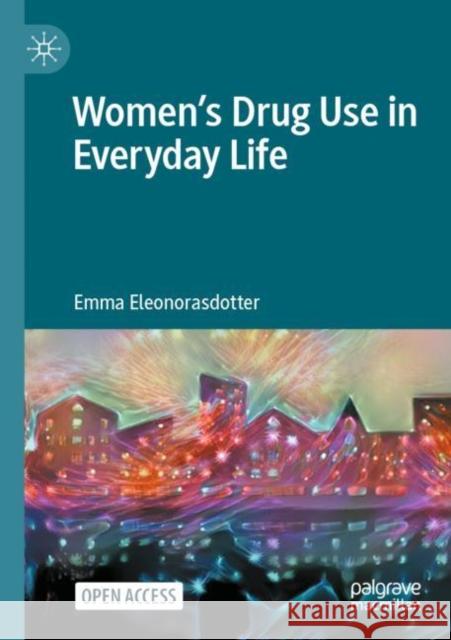Women’s Drug Use in Everyday Life » książka
topmenu
Women’s Drug Use in Everyday Life
ISBN-13: 9783031460593 / Miękka / 2023 / 221 str.
Women’s Drug Use in Everyday Life
ISBN-13: 9783031460593 / Miękka / 2023 / 221 str.
cena 160,99
(netto: 153,32 VAT: 5%)
Najniższa cena z 30 dni: 154,18
(netto: 153,32 VAT: 5%)
Najniższa cena z 30 dni: 154,18
Termin realizacji zamówienia:
ok. 16-18 dni roboczych.
ok. 16-18 dni roboczych.
Darmowa dostawa!
Kategorie:
Kategorie BISAC:
Wydawca:
Springer International Publishing AG
ISBN-13:
9783031460593
Rok wydania:
2023
Ilość stron:
221
Wymiary:
21.0 x 14.8
Oprawa:
Miękka
Dodatkowe informacje:
Wydanie ilustrowane











